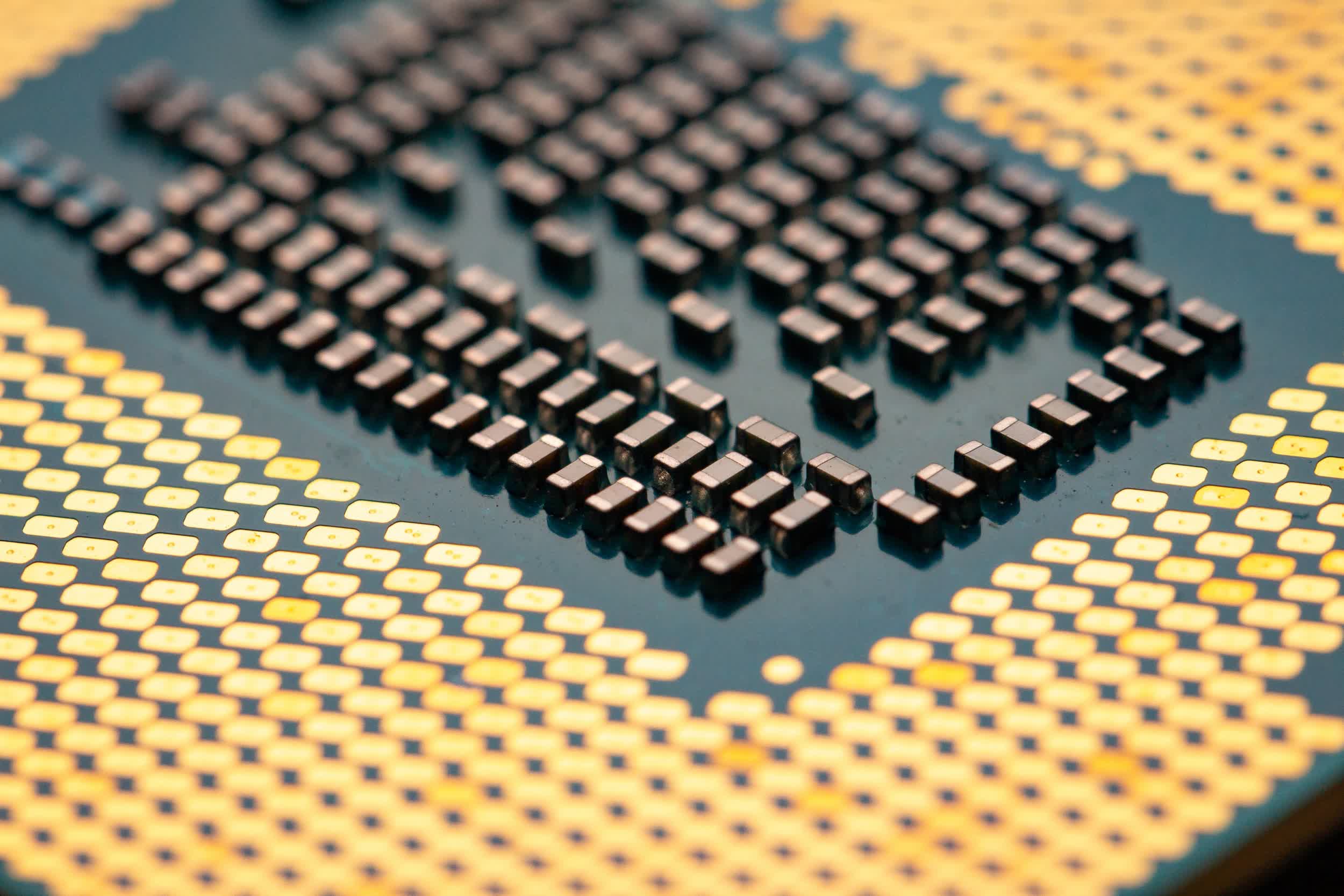AMD CPUs are nevertheless impacted by a 20-year-aged Linux workaround
 [ad_1]
[ad_1]
Why it matters: The Linux kernel features an ancient trick to deal with probable incompatibilities in early ACPI implementations. Today, the trick is just not required and just makes detail worse for AMD CPUs by penalizing overall performance. A patch need to arrive soon.
The extremely effective Zen architecture has turned the fashionable CPU market place upside down, bringing AMD to the top rated of the overall performance race and giving consumers a much needed competitor to the extensive-lasting Intel operate. There is a computing area, nonetheless, the place AMD CPU are nevertheless suffering from a effectiveness penalty – even although there are no genuine good reasons to justify this state of affairs.
Although applying a Linux-based mostly operating process, AMD CPUs are slowing down when they should not. The explanation for this bizarre actions dates back to 2002, when guidance for the Superior Configuration and Electric power Interface (ACPI) standard was to start with added to the open source kernel. Before ACPI implementations experienced to deal with some compatibility challenges, consequently the developers had to foresee some strange behaviors like chipsets moving to an idle condition a bit later than predicted.
The concern compelled the aforementioned builders to introduce a "dummy wait around op" in the kernel, forcing a redundant information studying procedure prior to the CPU could prevent absolutely with the STPCLK# command. The dummy wait op was included to Linux in 2002, and it can be however there even though processors based mostly on the Zen architecture never will need the workaround any more.

The worst section is that the dummy hold out op is slowing down the CPU, as AMD engineer Prateek Nayak spelled out in a the latest patch to the kernel: in unique workloads on Linux units, Nayak mentioned "a significant amount of money of time is invested in the dummy op which improperly will get accounted as C-Point out residency." C-states are an ACPI element built to save electrical power when the CPU doesn't will need to remain awake, and the dummy wait ops can make an AMD CPU go even deeper in the C-state hierarchy thus slowing down its return to totally awake operations.
Even though testing unique variations of the kernel (on a twin-socket Zen3 technique), Nayak found out that his patch for getting rid of the dummy hold out op brought a exceptional advancement in tbench overall performance – from a 1,390 percent maximize in minimum amount MB/s throughput to a indicate 51 per cent improve over the baseline kernel.
The a long time-old code for ACPI compatibility doesn't need to stay in Linux anymore, so Nayak's patch will very likely be included to an impending model of the kernel - it's possible even version 6. envisioned to ship future 7 days, just in advance of the introduction of the Rust programming language in Linux 6.1 as resolved by Penguin Maximo Linus Torvalds.
As for Intel processors, the dummy hold out op would not appear to pose a effectiveness challenge even although an urgent patch has been now submitted.
[ad_2] https://g3box.org/news/tech/amd-cpus-are-nevertheless-impacted-by-a-20-year-aged-linux-workaround/?feed_id=9472&_unique_id=63334525c7d04


0 comments:
Post a Comment